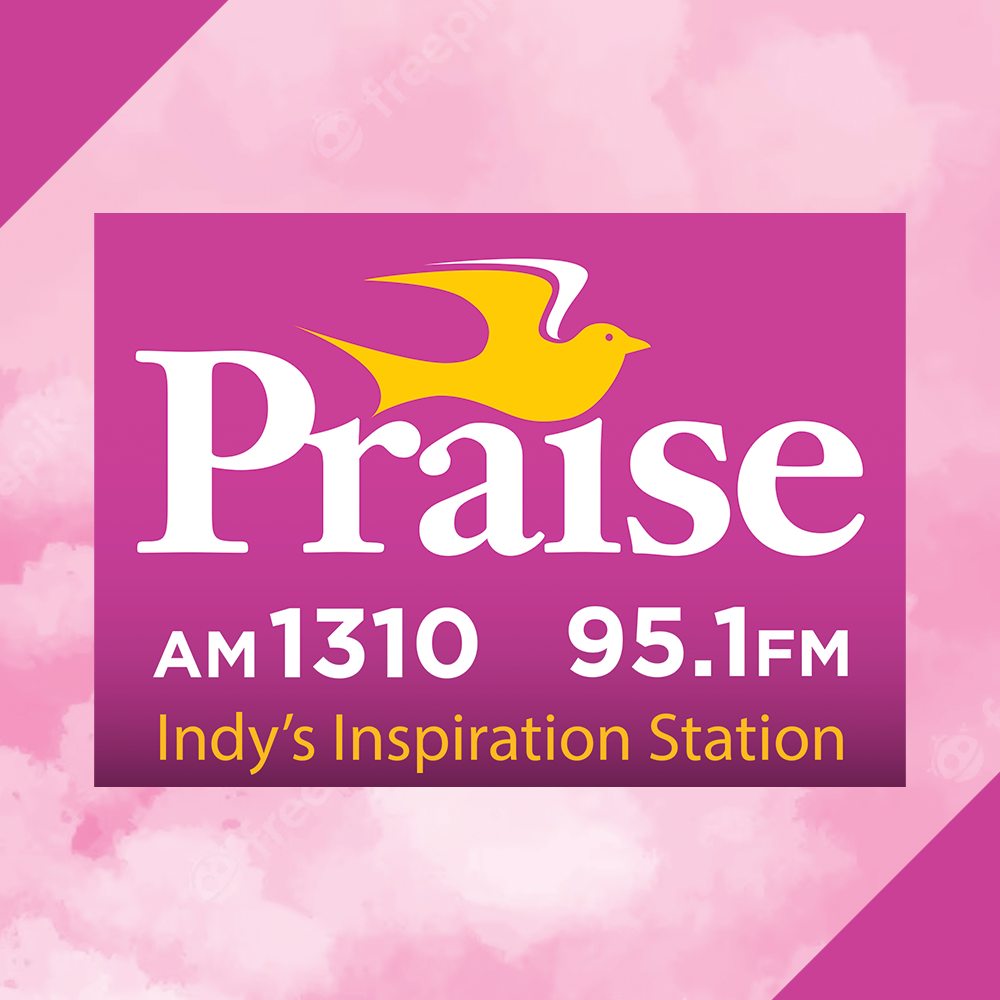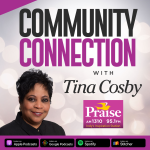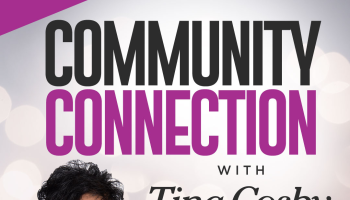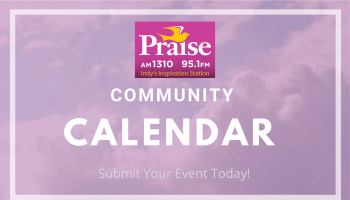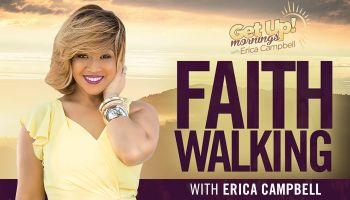According to the bellereport.com
Gospel Music Workshop of America Rebounds with
Higher Attendance despite the Struggling Economy



Donna Creer, Bill “The Mail Man” Martin, Bishop Sam Williams, Al ‘The Bishop” Hobbs,
The Belle and Earnest Pugh and Jonathan Butler in attendance at the Gospel Announcers Guild
Nashville, TN — The Gospel Music Workshop of American recently came together in Nashville, TN for their annual convention, boasting more than 5,100 gospel music industry professionals and music lovers from across the country. Al ‘The Bishop” Hobbs, says, “Yes Our Numbers are Up this year and that’s a good thing!”
The annual convention was held at the Gaylord Opryland Resort & Convention Center, running for an entire week. However the Gospel Announcers Guild, opted to hold their session for only four days instead of the full week, yet still in more Gospel Announcers than the year before.
But, after a decade of steep declines in music sales, the $40 million U.S. gospel music industry is bouncing back more energetically than other niche genres. A number of FM stations in major cities have switched from other formats to gospel in the past five years. And corporations such as McDonald’s and Verizon have sponsored live music events.
Many in the gospel industry say the troubled economy has offered a silver lining of sorts for the largely African-American Christian musical tradition.
“With the economy doing so poorly, when we get in trouble, we have to sing about it, and what better music to bring us out than gospel,” said Bishop Albert Jamison Sr., chairman of the Gospel Music Workshop of America, which has organized the convention for 45 years. “People hear a song that uplifts and they go into a store to try and find it and buy it.”
Gospel as a business has experienced the same lean years as the rest of the music industry, with gospel album revenues cut in half over the past 12 years primarily as a result of the weakened economy.
But in 2011, gospel sales grew 4.4 percent over the previous year. And in the first half of 2012, sales remained steady — which in today’s turbulent music industry is a positive sign compared with other genres’ continued sales slumps.
R&B sales fell nearly 9 percent in the first six months of 2012, while classical music sales declined 18 percent and Latin sales dropped 20 percent, according to Nielsen SoundScan. Country music remains strong with a nearly 6 percent sales increase in the first half of 2012.
Signal gains strength
Among the biggest boosts for gospel has been the transformation of gospel radio in the past five years, said Eboni Funderburk, whose Nashville-based EFG Promotions and Consulting contracts with major record labels to place songs on gospel stations.
Gospel was an all-AM format until the mid-2000s, when Radio One, a Lanham, Md.-based media corporation, began buying FM stations in major cities such as Atlanta, Chicago, Baltimore and Washington, D.C., remaking them into gospel stations. The result has been more access to more gospel — new music and old.
“When you can turn on the FM dial and hear music that is familiar to you, you do embrace it,” Funderburk said.
Social media sites such as Facebook, Twitter and YouTube provide easy access to gospel music to a younger demographic. Digital music, which gospel listeners have been slower to embrace (gospel is still 80 percent a physical product), is making inroads into a younger generation with eclectic taste.
“The same person who buys gospel buys Kanye West,” said Karen Jackson, director of marketing for EMI Gospel, based in Nashville. “My 12-year-old son has (gospel singer) Kirk Franklin on his iPod, then it shuffles to (rapper) Lil Wayne.”
Some gospel music has experienced a shift in style. No longer pigeon-holed by a choir-heavy sound, more new music carries anthem-like expression that combines traditional and contemporary Christian elements.
The No. 1 song on the Billboard gospel charts last year was “Nobody Greater,” by EMI gospel artist VaShawn Mitchell, which had more of a modern, softer sound.
Lower budgets
Longtime traditional artists such as CeCe Winans , who lives in Forest Hills, are also enjoying success, but mainly in live performances. Winans, whose career launched on “The PTL Club” TV show, is a Grammy winner but hasn’t released an album since 2008. She continues to tour, however, with appearances in concert
halls, performance theaters and arenas, selling albums after appearances at megachurches as well.
“When the economy is tough, people don’t spend money on entertainment, period,” said Demetrus Stewart, Winans’ Nashville-based manager and president of her record company, PureSprings Gospel. “And now you have a severe decline in places to sell music and prices. You used to pay $17 or $18 for a CD. Now you can go into Wal-Mart and get it for $10.99 or $9.99.”
Gospel offers one financial advantage for at least some performers, said James Robinson, president of Light Records, based in Nashville.
“We make our music for sometimes one-fourth of what a mainstream artist would do,” Robinson said. “In our world, gospel projects never took $500,000 to make. Gospel never cost $1 million. While some of our more popular artists have big budgets, the majority do not. We put a premium product out at the same price point as mainstream so we get a better return on our investment. So while physical sales are down across the industry, we’re maintaining.”
Corporate sponsors are also beginning to embrace gospel, Robinson said.
This year, the Inspiration Celebration Gospel Tour sponsored by McDonald’s and Dr Pepper features a half-dozen gospel artists. And Verizon’s “How Sweet The Sound” gospel choir contest, now in its fifth year, visits eight cities beginning in September.
“We’ve had some tough years, but we’re not selling a sad song right now,” Robinson said.
